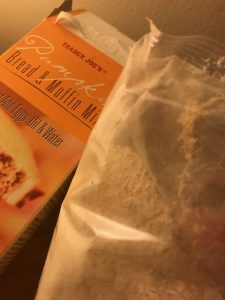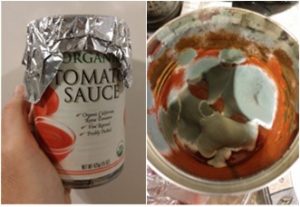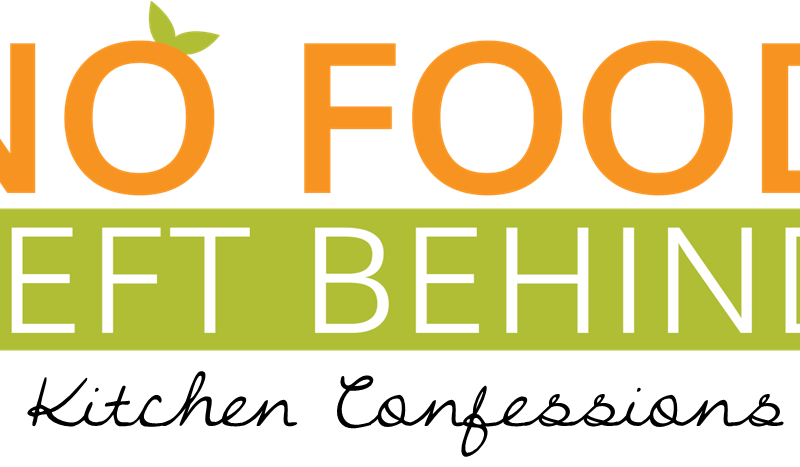Greetings, Conscientious Food Consumers!
Now that we’ve all had a number of weeks of staying home and doing our part to fight the spread of the coronavirus, how’s the “new normal” at your house? Besides keeping ourselves and our loved ones safe, healthy and constructively occupied, it’s been a lot about food, hasn’t it?
We’ve gotten a horrific reality check about the pandemic’s disruption of national food production and delivery systems — via news of catastrophic waste from unharvested produce rotting in farm fields, dairies dumping milk and slaughtered animals going into landfills, due to reduced work forces and virus outbreaks at meat packing plants.
As we are part of the EPA’s “Food Too Good To Waste” program, No Food Left Behind-Corvallis received news of efforts to mitigate this disaster such as the USDA’s Coronavirus Food Assistance Program and Feeding America, a national food bank network. But these efforts are just ramping up.
Rising to the challenge, here in our own backyard, is one of Oregon’s largest food rescue, gleaning and distribution organizations: Linn Benton Food Share. This non-profit food sourcing and distribution “hub” — and a Sustainability Coalition partner — has served food pantries, soup kitchens and housing shelters in Linn and Benton Counties since 1981!
The COVID-19 crisis has brought increased food insecurity to our region, and not only among the most vulnerable populations. With the goal of 2500 meals delivered per week, Food Share is mobilizing volunteers to help prepare food boxes at their warehouse. They’re pros at training volunteer food handlers and ensuring their safety. If you or someone you know can help, just scroll down their home page and fill out the short form.
Hooray for “the helpers”! (Hat tip to Mr. Rogers!)
Grocery shopping sure looks a lot different now. We’re reducing our trips to the store, trying to keep the proper distance from other shoppers, or just skipping it and ordering groceries online! Why not supplement your next online grocery order with fresh, locally-sourced food products from the Corvallis-Albany Farmer’s Markets? You can do that with the CAFM’s new online pre-order and pick up system. Hooray again, for the helpers who are supporting the GoFundMe campaign that supports that effort!
“Eating out” is also pretty different now — more like “taking out” then “eating in” at home. A number of local establishments have switched to the take out and/or delivery business model, but with the phased re-opening of some restaurants, be sure and check the latest updates from Coalition partner Visit Corvallis.
Back at home, the “new normal” means we’re planning and preparing most (if not all) of our own meals, being more conscious with the food we have, and stretching our grocery budgets as far as possible. Some “Smart Strategies” to help you in those endeavors were highlighted in our previous installment of “Kitchen Confessions.”
In my kitchen, I’m juggling four “Eat First” areas in my fridge/cupboard — which means I’m Loving My Leftovers more than ever. Hey — there’s an app for that! Check the “Apps!” area of our website for a wonderful tool called “Big Oven” for thousands of recipes to help you invent new meals from the smorgasbord of your leftovers or least-fresh foods.
Simply start with just three ingredients and a button labeled “Big Oven, what can I make?” Your kids will love getting creative with it, too!
Now for this week’s Kitchen Confessions from our staff:
*****

Karen Confesses:
I put off inventorying my cupboard pantry for, like, forever! Now there’s no excuse, and I found this package of seasonal baking mix that had been colonized by pantry moths.
$$$ Wasted: $2.99
Lessons Learned: Meal planner to include more pantry checks each week; reorganize pantry with visible “best by” and “use by” date tags with more perishable food items/packages in the front.

Jeanette Confesses:
I didn’t need the whole can for my meal, so I covered it to use it in the next day or two – and forgot it!
$$ Wasted: about $2
Lessons Learned: Once opened, avoid storing acidic foods in metal container. Move remainder into a clear glass jar as a visual reminder.
*****
This “lesson” also highlights the critical issue of food safety. Avoiding foodborne pathogens is right up there with not contracting the virus! Guess what — there’s an app for that too!
Downloadable from NFLB’s “Apps” page is the “Food Keeper” tool, developed by the USDA’s Food Safety and Inspection Service, Cornell University and the Food Marketing Institute. It’s an authoritative source for how to preserve the freshness and quality of all those precious groceries.
As we head into the next phase of “new normal” in the COVID-19 era, we hope you and yours will stay well, stay connected and stay tuned!


 Not just another Earth Day
Not just another Earth Day